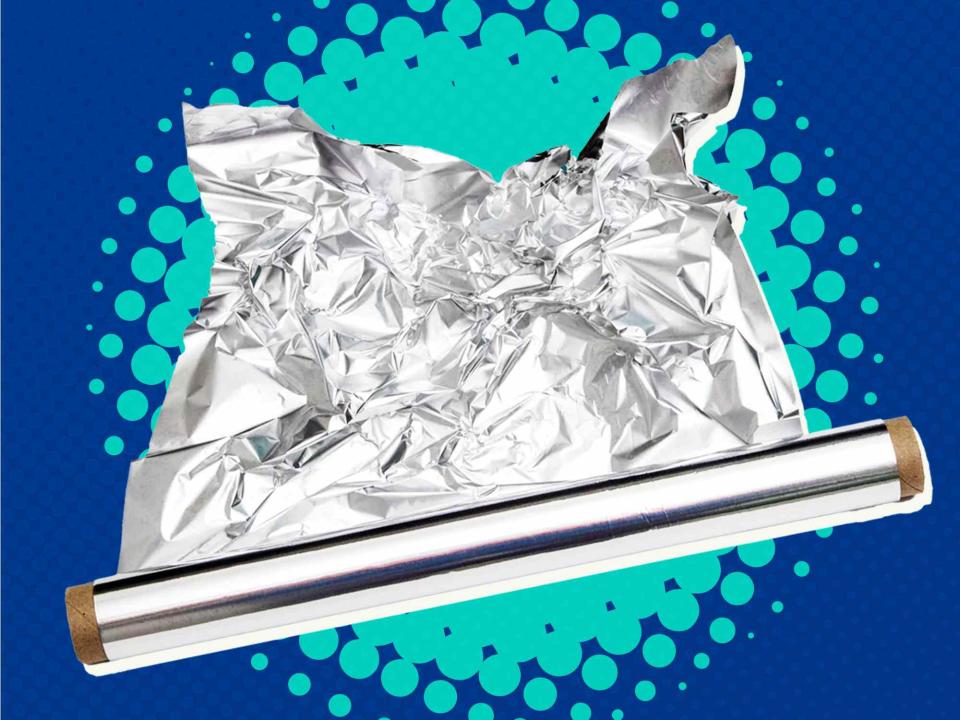Why You Should Rethink This Common Use for Foil
It's time to stop wrapping your baked potatoes—here's why.

EkaterinaZakharova/Getty Images/Allrecipes
When you go out to eat and order a baked potato as your side dish, chances are the potato arrives at the table neatly wrapped in foil, topped with butter, sour cream and any other accoutrements you desire. Digging in, you find yourself peeling away the foil to get to the, well, potato peel. In fact, wrapping your potato in foil before baking it may even be the way you make baked potatoes at home.
So, just why do chefs and home cooks bake their potatoes wrapped in foil? Does it really make a difference? Or, is there a better way? We checked in with the experts.
Should You Wrap Baked Potatoes In Foil?
Some contend that wrapping potatoes in foil helps them bake faster, while others say it helps them stay warm after coming out of the oven. One is right, the other isn’t.
According to the Idaho Potato Commission, aside from incurring an additional cost, wrapping a potato in foil before baking actually increases cooking time. Additionally, potatoes are 80% water, so wrapping them in foil traps the potatoes’ natural moisture so that they’re being steamed rather than baked. The result of a foil-wrapped potato? A soggy baked potato. Instead, the commission suggests baking potatoes, unwrapped, for 55 and 60 minutes at 425°F, until they reach an internal temperature of 210°F.
You can still wrap your baked potatoes in foil, though—just wait until after baking. As soon as you take them out of the oven, wrap the potatoes tightly and they should maintain a temperature of about 180°F for up to 45 minutes.
If you don’t eat the baked potatoes right away, remove the foil before stashing them in the refrigerator. Leaving them wrapped in foil can lead to botulism, which isn’t invited to any meal. A good rule of thumb when it comes to cooked potatoes is to serve or store immediately, or they can sit out at room temperature, but for no more than four hours. After that, it’s best to toss them.
The Bottom Line
If you want a baked potato that’s light and fluffy, not soggy and dense, leave it unwrapped. You can wrap a baked potato in foil to keep them warm after cooking, but don't leave it wrapped for too long or you're at risk of food poisoning. Your best bet is to enjoy that jacket potato immediately with your favorite toppings!
Read the original article on All Recipes.


